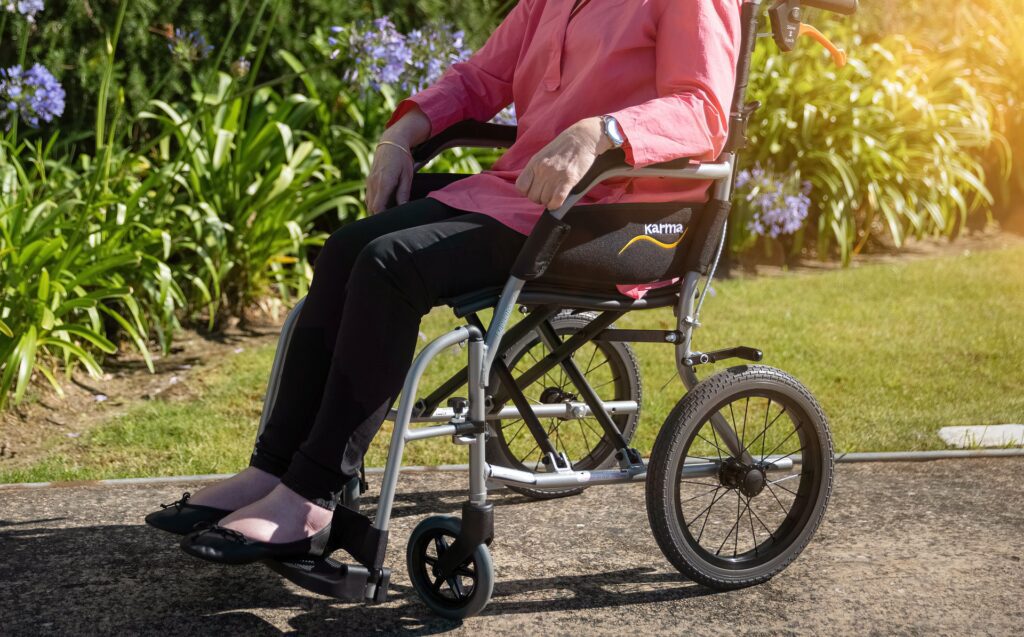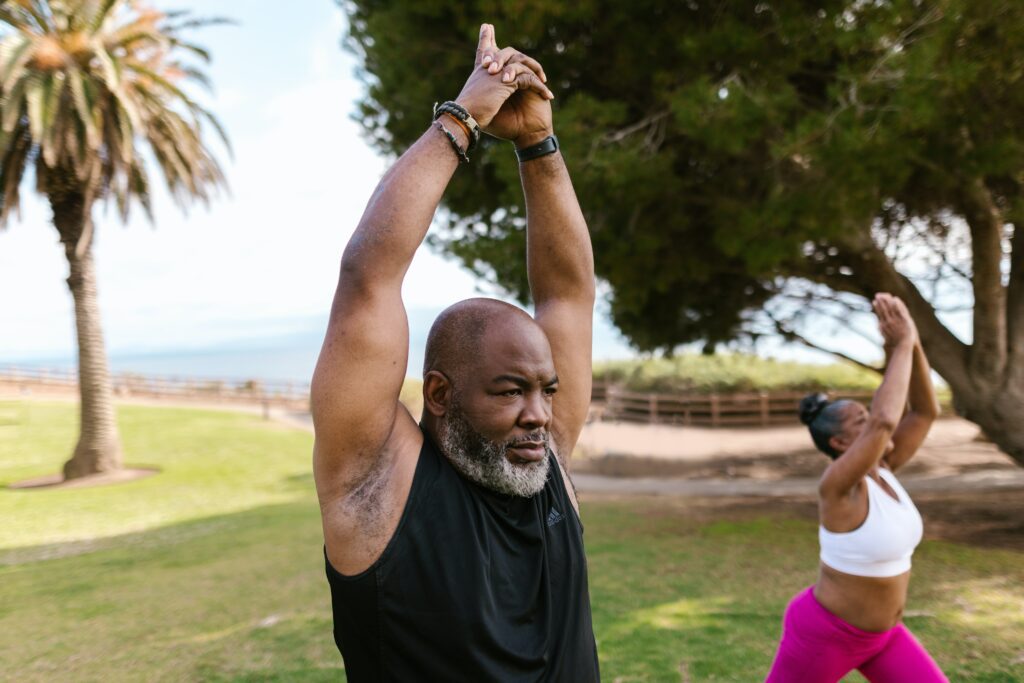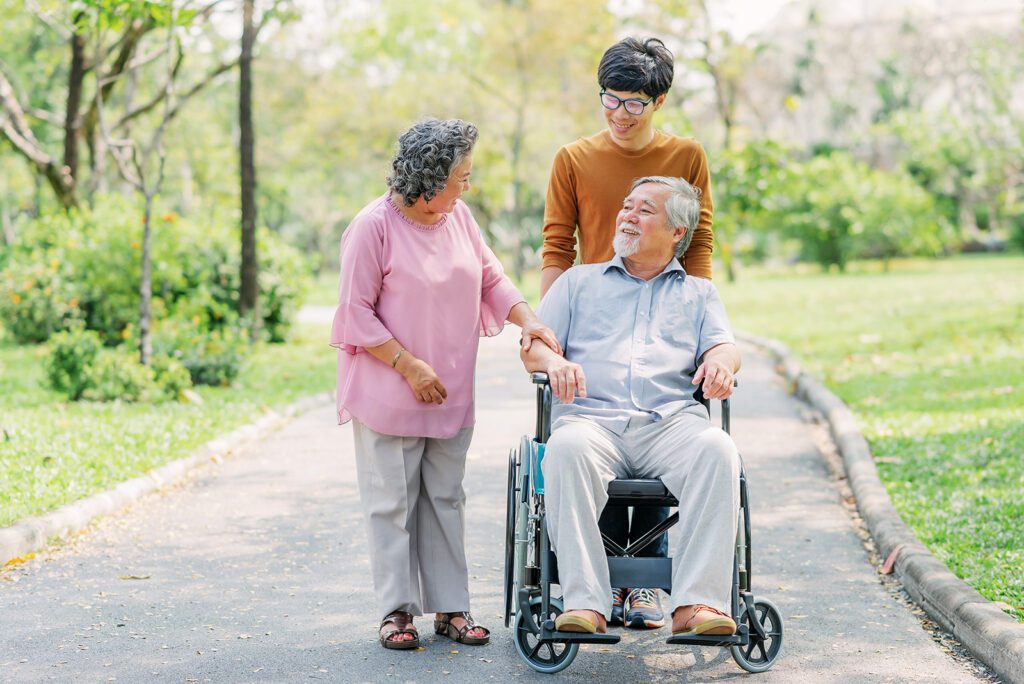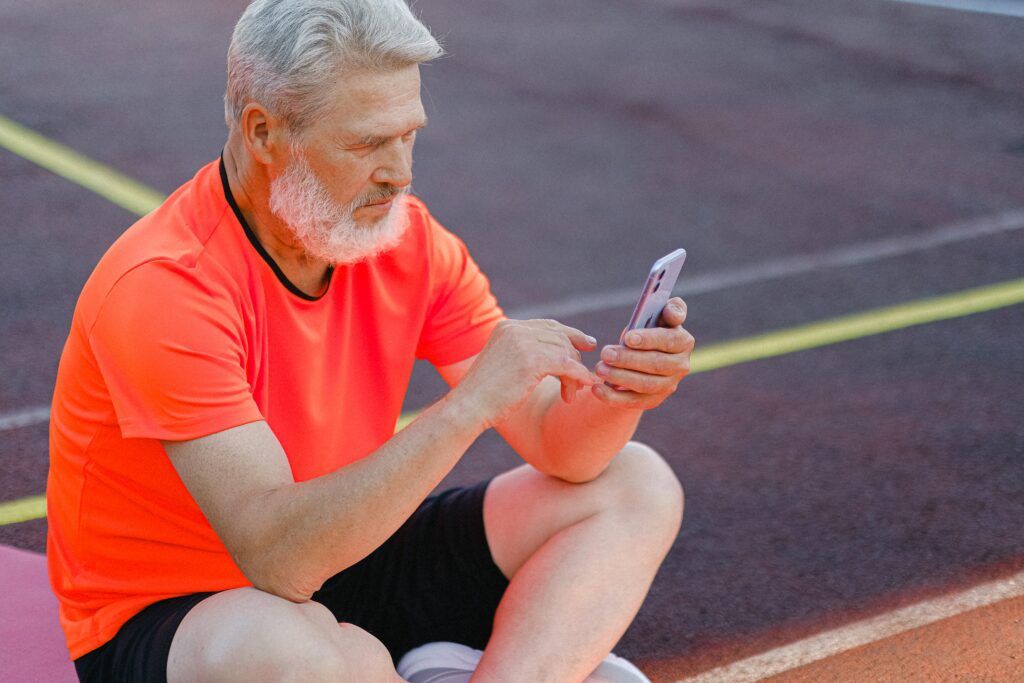Impact of COVID-19 To The Mobility of The Elderly
There have been completely unnoticed modifications in people’s daily mobility, activity level, and travel patterns since the COVID-19 pandemic began. The ongoing pandemic has compelled them to segregate themselves from others and keep a distance because older individuals over 60 are more susceptible to diseases and any other elderly problems.
Moreover, fewer people had the chance to partake in most activities because eateries, community centers, and recreational facilities were closed, in addition to cultural and religious gatherings.
Additionally, the restriction on mobility may make older people more sensitive to social isolation and loneliness, which can harm their health and well-being that is why mobility management is vital.
Continue reading to learn how Covid 19 affects the quality of life for elderly individuals.
Senior Citizens: Facing Mobility Issues Due to Pandemic
Most COVID-19 participants had mild to moderate illness and did not require hospitalization, indicating that those symptoms may continue even after the virus appears to have passed its peak.
According to published research on the influence of COVID on elderly mobility, even a minor incidence of COVID-19 can have a long-term impact on an older person’s ability to move and function, it may be the cause of older adult’s fears.
Not all about just Aging
As per Dr. Suneet Singh, COVID-19 impacts people’s mobility.
The overall range of movement is constituted of its essential parts, not just one particular component of mobility. It covers issues that affect brain function and the biomechanics of locomotion. COVID-19 structural mobility problems can impact the muscles, joints, and nerves. Functionally, people have issues with balance, walking, and weight transfer.
Why is it crucial to start moving again after COVID-19?
Your muscles will be significantly weaker after illness and inactivity, and you’ll be less physically fit than you were. It’s critical to resume your prior activity level or make an effort to increase it. It’s crucial to be patient with yourself because this will take some time.
How will I know when to start moving again?
It is appropriate to consider raising your activity level if you have recovered from your initial COVID illness and discover that you are feeling better each day. Waiting till you feel a little better is advised if your symptoms are still erratic and you frequently experience days when you feel significantly worse.
If you suspect you have long-term COVID, you could discover that even a slight increase in activity can exacerbate your symptoms. It is crucial to moderate your activity in this situation. Read the lengthy COVID section and the tiredness part, which offers guidance on pacing activity, to learn more.
Moving cautiously and avoiding resuming your prior activity level right away is crucial. It may cause a setback in healing for some people.
Related Article: Can An Elderly Person Regain Mobility
How can Seniors get back to being productive after the pandemic?
- Start slowly and gradually increase your degree of activity.
- Try to accomplish things frequently, give yourself time to rest in between, and avoid doing too much.
- Reduce your time spent sitting down by getting up and moving about every hour.
- Set yourself manageable daily objectives. You can begin with simple things like preparing a drink or a meal.
- Make a daily walk a goal and a regular part of your schedule to give your day structure.
- Unless you feel confident enough to venture out on your own, begin with shorter walks around your house, in your garden, or with a companion.
- If a walking aid has been prescribed to you by a medical expert, you can use it to assist you in moving again.
- It’s common to need to pause and relax when recovering and building strength, so don’t be concerned. As you walk up and down the stairs, your legs may ache, and you may feel fairly out of breath.
How can you help?
If you’ve developed unhealthy habits over the past couple of years, they may reduce your resistance to COVID-19 and its aftereffects. Taking stock of activities that could no longer be effective is necessary for knowing what to do.
For instance, you might need to get to bed earlier if you used to stay up late. If you previously only ate one meal a day, you may need to spread it into several smaller meals and eat healthier overall.
The ideal situation, as with any medical issue, is to never develop the illness or sickness in the first place. Unfortunately, some persons will experience mobility problems as a result of COVID-19.
It is crucial to seek care as soon as you notice any changes in your ability to move, balance, energy level, or muscular function. It would help if you also practiced mobility management implementation.
Related Article: How Do Nurses Help With Mobility
Final Thoughts
Covid can present in various ways, so doctors and patients may need to tailor their recommendations to patients’ needs. As a result, it is important to remember that you shouldn’t jump back into exercise or risk being set back. Instead, you should “slowly try to reincorporate it if you are feeling better.”






